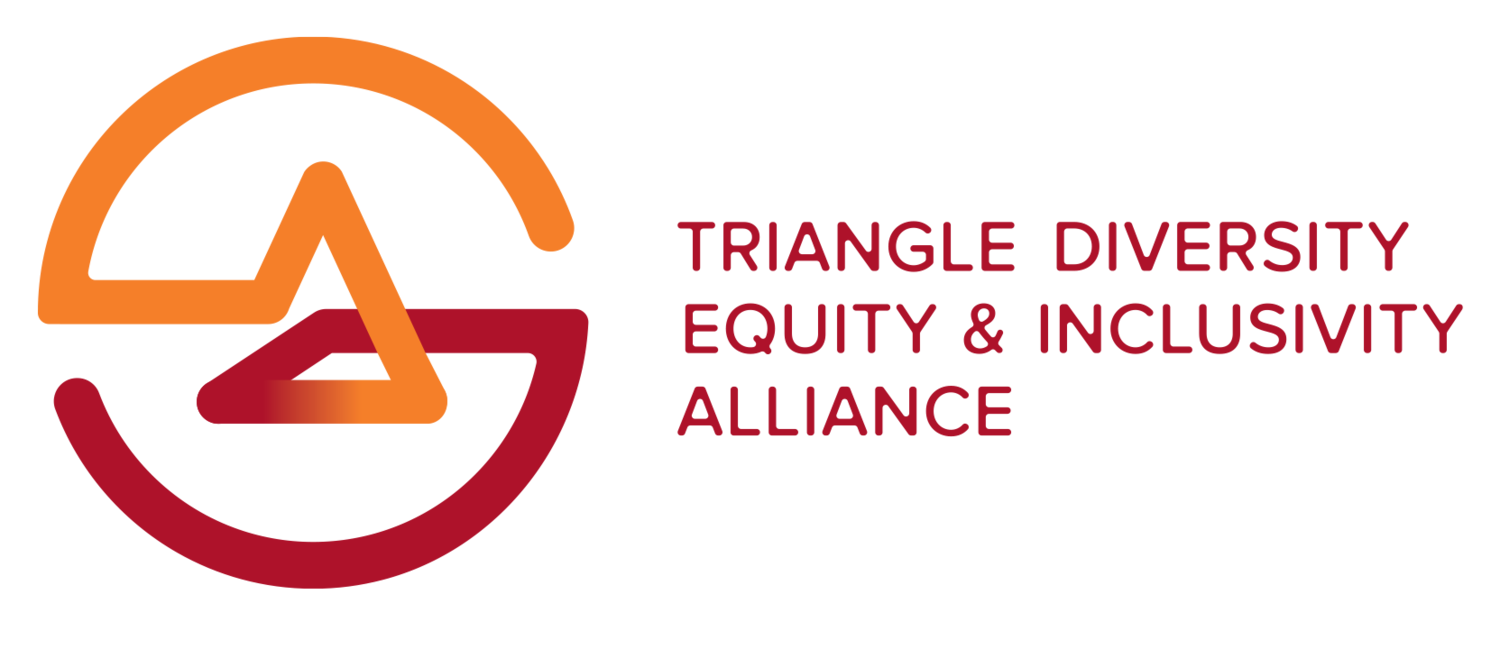Courageous Conversation: Code Switching In The Workplace
Everyone has altered certain aspects of their personality to fit in at some point in their career. For historically underrepresented employees, changing one’s appearance, behavior, or speech can become an everyday survival tool to fit in and advance at work. It’s called code-switching— where people feel they have to change an aspect of their identity in order to connect or be seen in a larger group – often times in social settings or in the workplace.
We held a Courageous Conversation event on this topic where we heard from Ashley Gaddy, the founder & CEO of Ashley Gaddy Enterprises. We took a deeper look at how code-switching has evolved, how it manifests in the workplace, how it affects employees and businesses, and ways managers can create workplaces where employees are encouraged to be their most authentic selves.
One important point Ashley talked about was W.E.B Du Bois’ concept of double consciousness. “Double consciousness is the psychological condition and social state where black people judge their life exclusively utilizing the white world’s anti-black racist culture and concepts of civilization.” However, Ashley made sure to mention that although Du Bois’ was talking specifically about black people, this concept can apply to other identity groups as well. What does this mean? Vulnerable identity groups have to navigate the world not only understanding their own culture but needing to understand the culture of the dominant in order to exist in it.
This is why it is so important to know the history and to start creating inclusive spaces for people, to let these groups know that they are welcomed as who they are. We can start building inclusive company cultures by honoring, acknowledging, welcoming, and celebrating the regional dialect variations and bilingual fluency that exist in each workplace. Employees should feel comfortable expressing themselves in their most authentic voice without fear of criticism. Employers should encourage open dialogue about employees' spoken language preferences. When employees feel seen and heard it creates a positive environment where they can be comfortable with being their whole selves and not a carbon copy or mainstream culture, because mainstream culture and language is not theirs.
To conclude, Ashley left us with several lessons we can take back to our lives and our organizations:
Continue to unpack the identities, experiences, and meta communication that come from you
Name differences aloud, and move forward with them
Learn more about the spaces around you, the historical contexts, your thoughts and feelings on them, and also check to see how you may continue condition
Pay attention to the people and things around you who are code switching and ask questions that give power back to the person/people effected and that let them make the decision of how they would like to show up
Leave room for answers even if your feelings are hurt by it
Combat what your biases could be telling you about people, places, or things
Leave room for you – who you are, your care, and your voice
Please join us for our next Courageous Conversation on Feb. 24, 2022.
